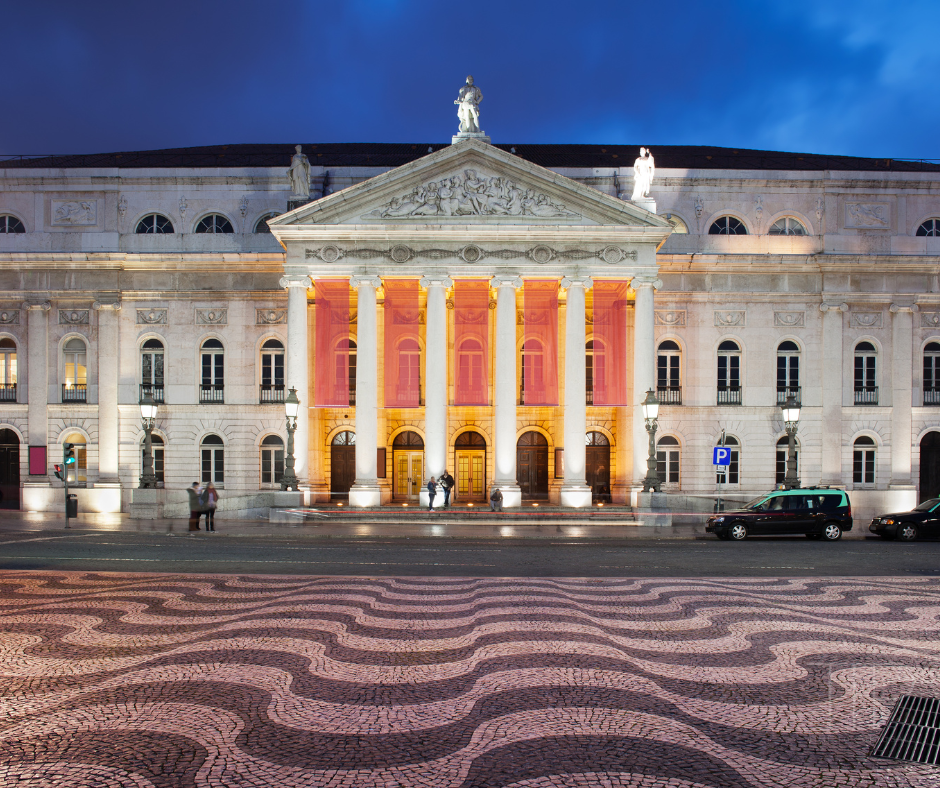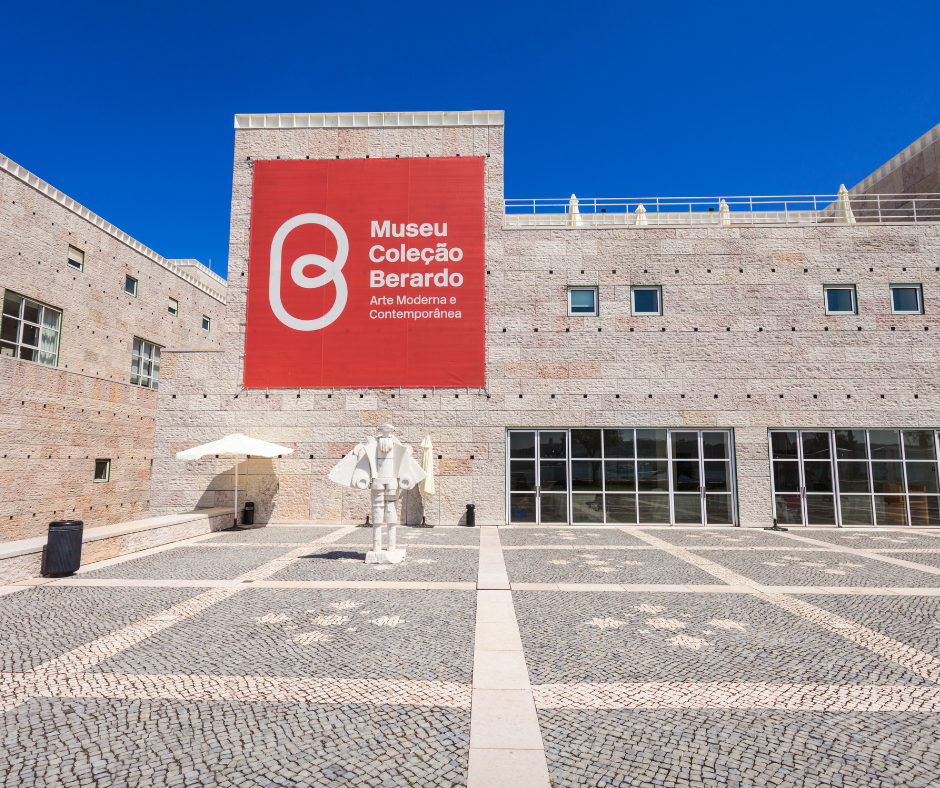65.4% of the tickets registered during this first year were taken by young people up to the age of 23
The Lisbon Culture Pass registered nearly 12,000 free admissions to cultural facilities managed by the municipality during the project’s first year, which aimed to support access to culture in the city, it was announced this Thursday.
In a statement released this Thursday, Lisbon City Council said that the measure was implemented on December 1, 2022, as part of the package of anti-inflation measures approved by the municipality, and registered more than 11,600 tickets.

According to the note, 65.4% of the tickets registered during this first year were taken by young people up to the age of 23, with the preference falling on Lu.Ca — Teatro Luís Camões and Teatro do Bairro Alto.
Among the over-65s, most visits were to the Museum of Lisbon — Palácio Pimenta, Casa Fernando Pessoa and Atelier Júlio Pomar.
The Padrão dos Descobrimentos (Monument to the Discoveries) and the São Luiz Municipal Theatre were the venues with the most visits by both age groups, according to the note.
The Culture Pass gives free access to municipal cultural facilities to people over 65 and younger.
The figures relate to the period between December 1, 2022 and December 4, 2023, and initially this pass would only be in force until the end of the first half of this year.
Quoted in the statement, the Lisbon City Council’s Councillor for Culture, Diogo Moura, said that the Culture Pass “is an essential measure for democratizing access to culture” and welcomed the “enthusiastic adherence” of the population.
“The Culture Pass strengthens the city’s cultural identity and reinforces the role of municipal cultural facilities as vital centers of artistic expression. Accessibility to cultural events has become a catalyst for diversity and inclusion, transforming cultural facilities into spaces that are truly open to all,” said the councillor in the press release.
The mayor of Lisbon, Carlos Moedas, was also pleased with the “very expressive way” in which the locals have embraced the measure, stressing that it is “a very important investment to give the younger and older public greater access to cultural expressions and thus stimulate the creation of habits of cultural enjoyment”.

